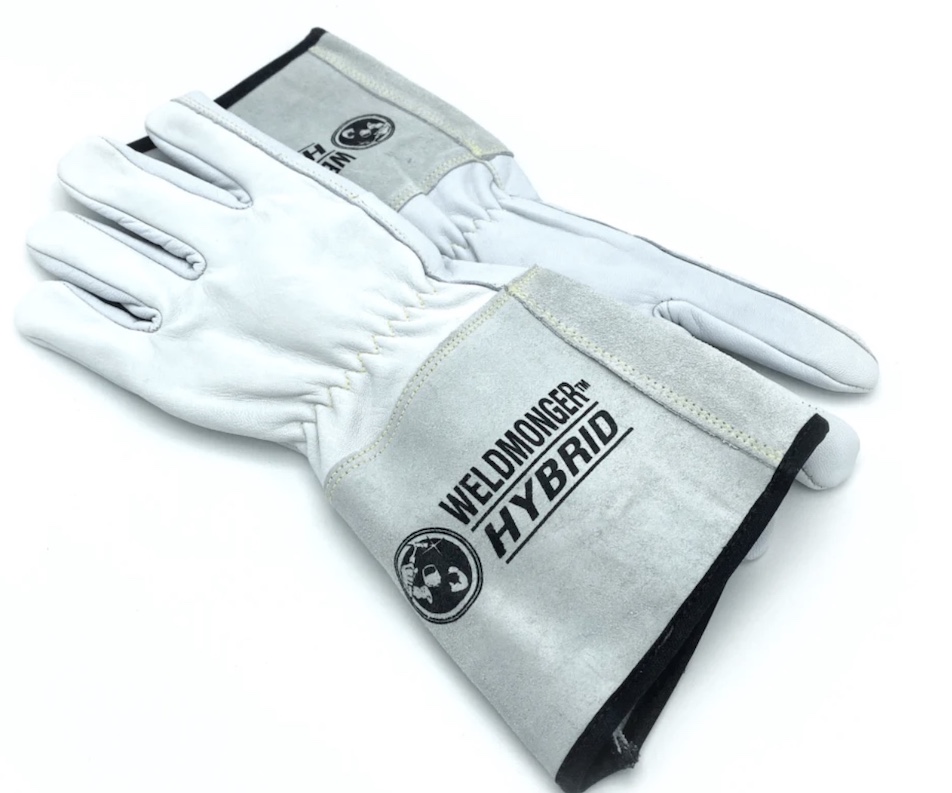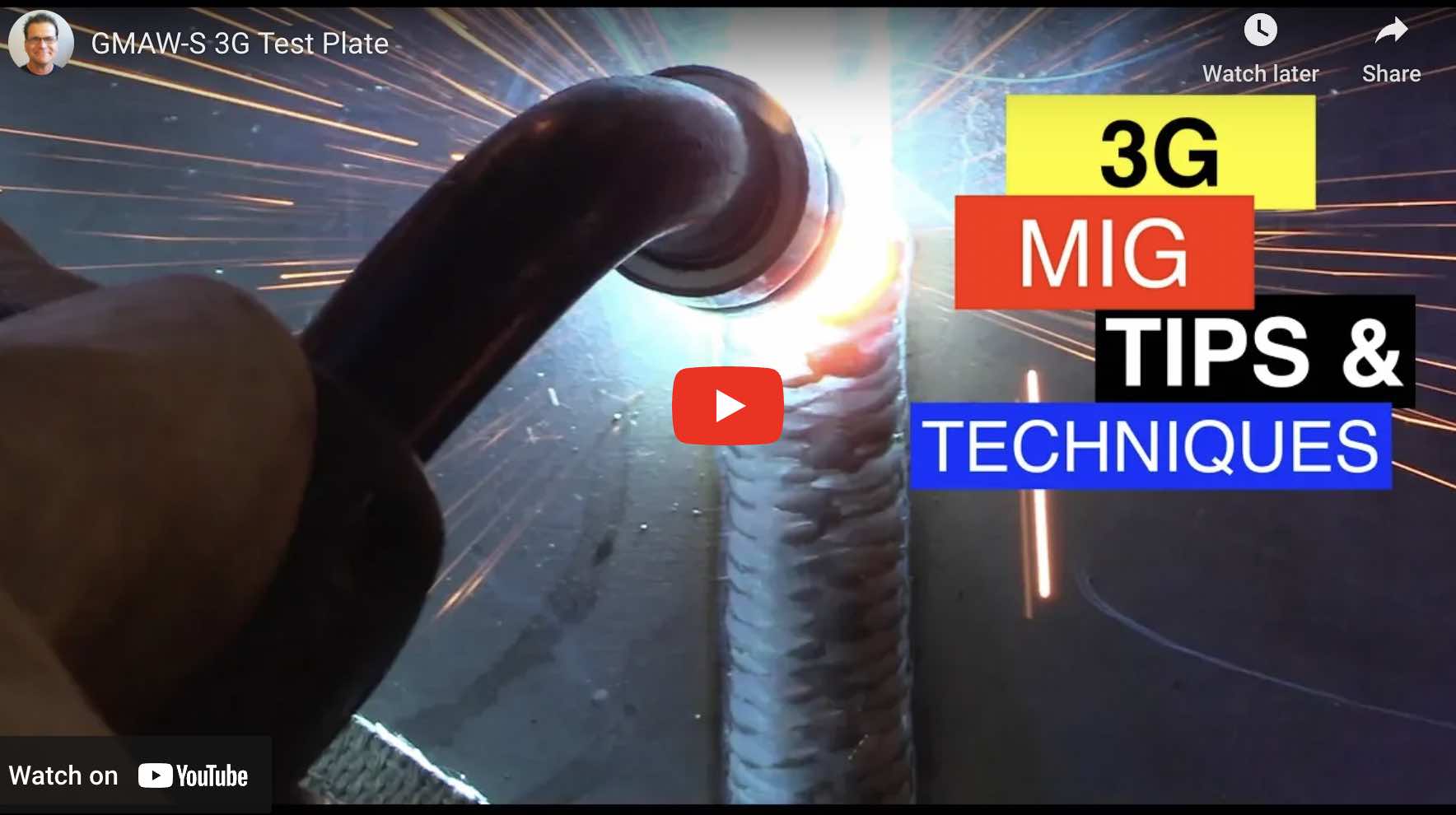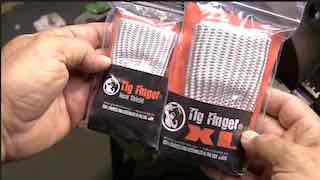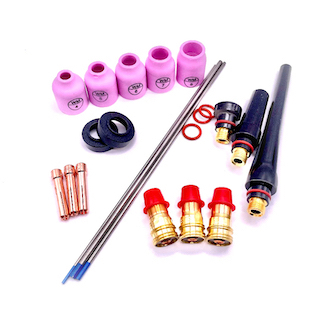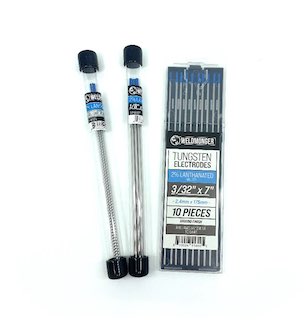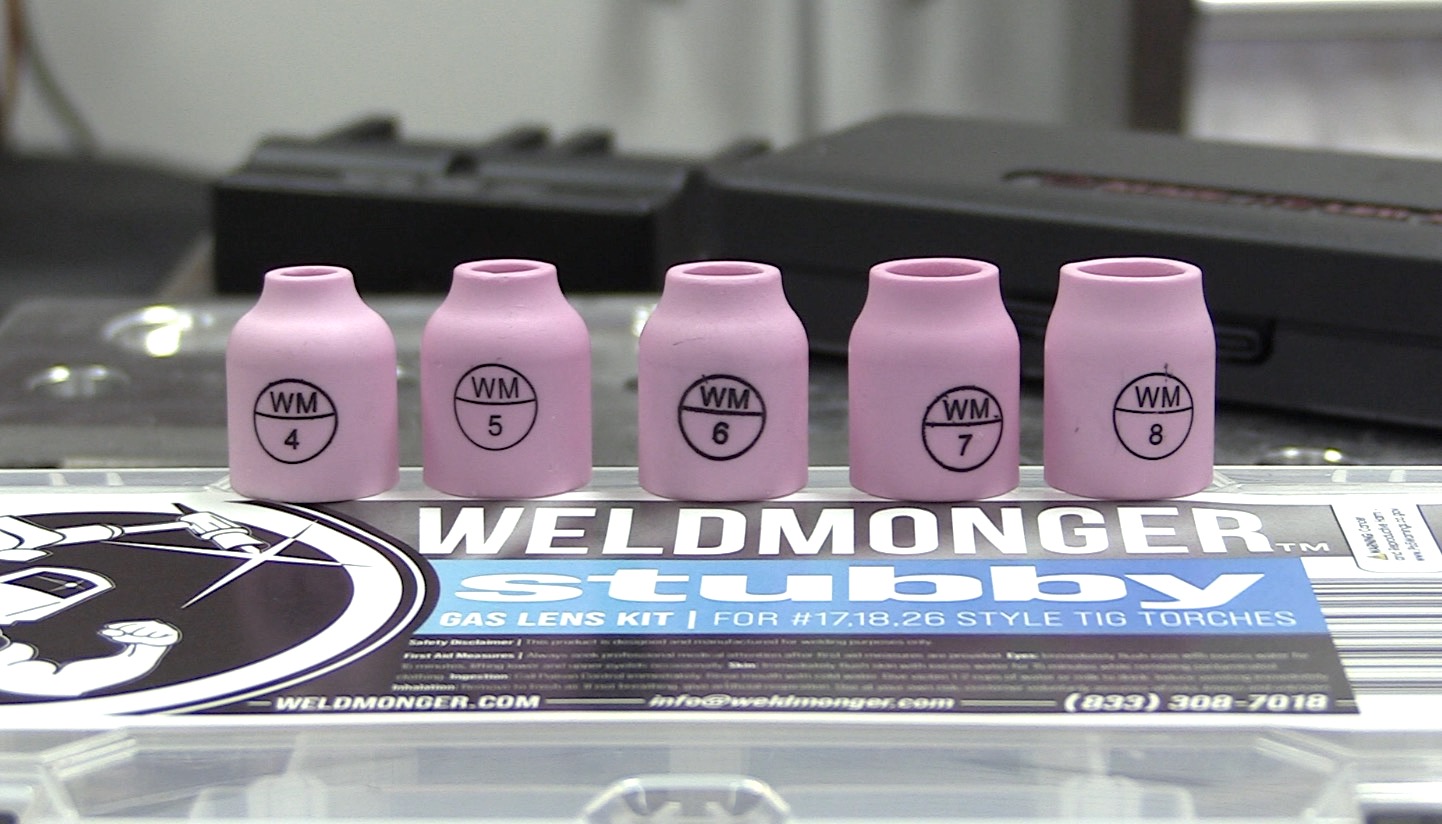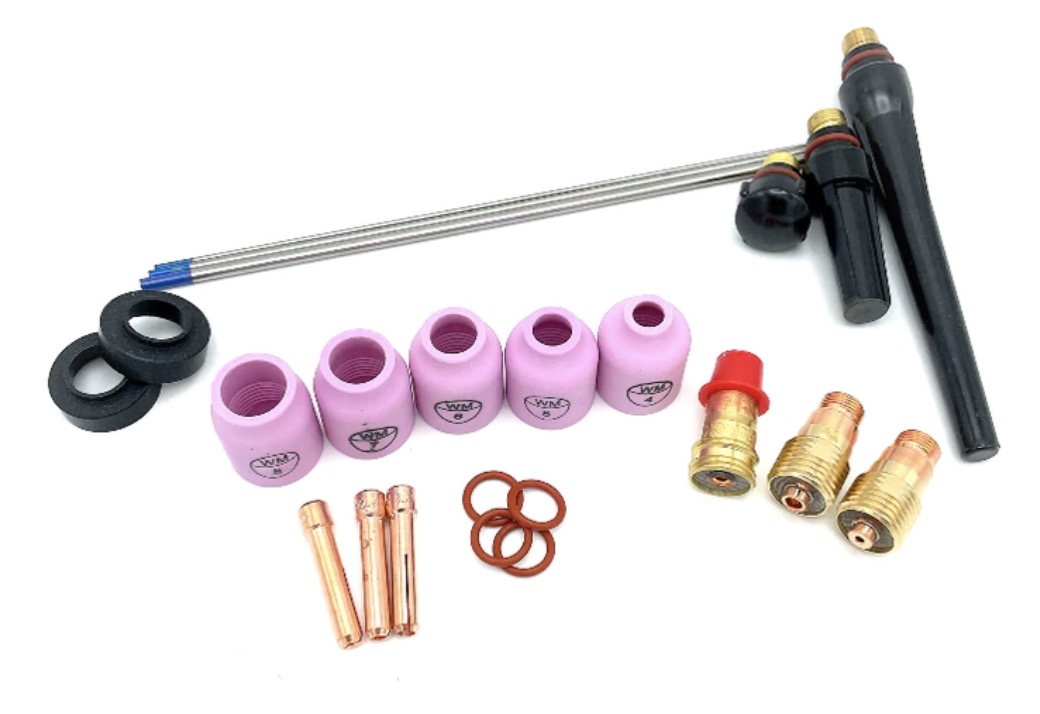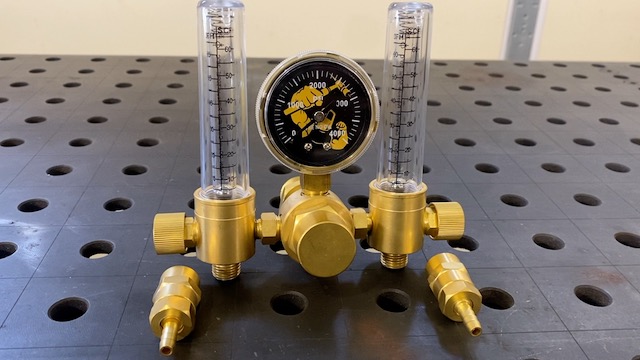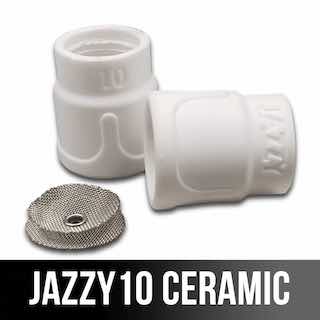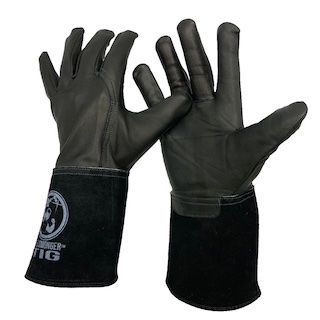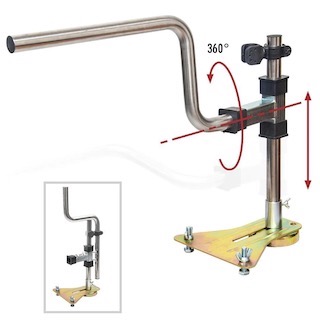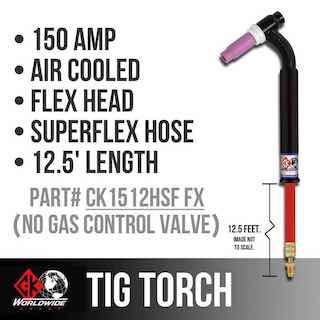3g Mig Uphill Root plate test
See more mig welding videos
In this video, you will see clear arc shots on a 3G Mig uphill root along with fill pass and cover pass.
3/8" A36 plates with 30 degree bevels
1/8" gap
1/16" land
click here or image below to visit the store
Voltage and Wire speed Settings for 3g Mig uphill root pass
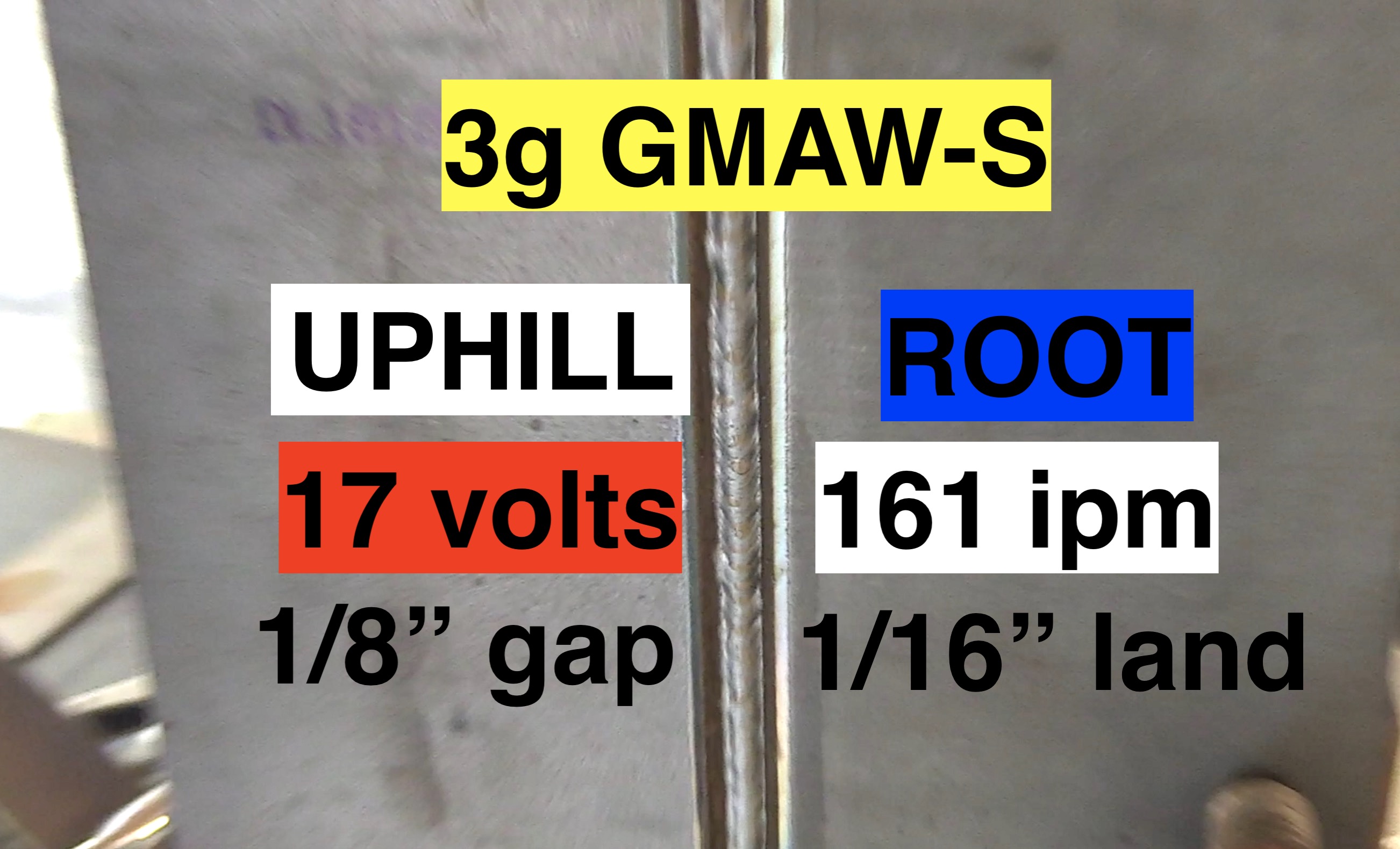
The Uphill Root pass was welded using 17 volts and 161 ipm wire speed and .035" ER70S-6 mig wire.
I think I could have gone higher on the wire speed but since it went in pretty good, 17 volts and 161 ipm seemed like pretty good settings.
It really depends on the joint setup.
gap, land, and bevel angles all make a difference.
for example,
a tighter gap might have required higher settings.
a thicker land or different angle bevels might also have different settings
Fill pass settings
Settings for the fill pass were
18 volts
210 inches per minute
My goal for the fill pass was to be 1/16" under flush so that I would have room to weld the cover pass and not exceed the 1/8" height limit.
It seems to me that the cover pass always lays down more metal that you think.
I am usually surprised when I lift my hood to see how high the cap is so I try to set myself up for success by making sure the fill pass is 1/16" below flush.
Settings for Cover pass
17.7 volts
200 inches per minute of wire speed.
A cover pass on a weld like this does not require much amperage in order to achieve adequate fusion to the previous pass.
It also helps if the previous pass is wire brushed to remove oxidation and silicon islands.
If you think about it, its much like welding a weave bead on the surface of a plate with no where for the puddle to fill.
If you have ever done that with GMAW-S (short circuit mig) you know that its easy to get a very crowned up weld.
Setting the voltage to 17.7 and wire speed to 200 inches per minute seemed to be the sweet spot.
The Difference between uphill and downhill mig roots.
downhill root
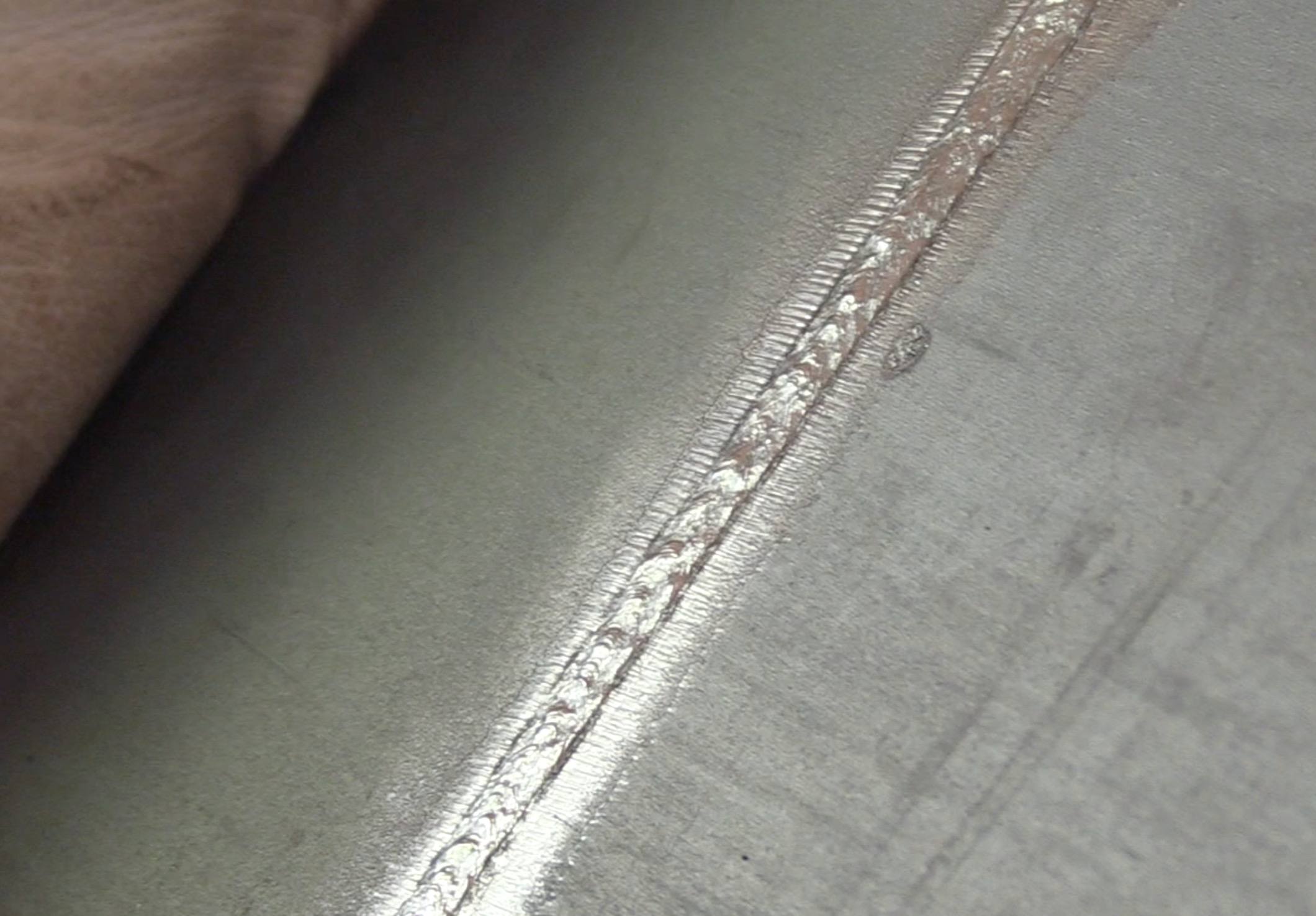
In my opinion, an open butt joint with plates beveled a minimum of 30 degrees and up to 45 degrees ...lends itself well to a downhill mig root.
But the welding procedure should always be followed.
If the procedure calls for uphill , then you should weld uphill.
Same for downhill.
If there is no procedure, I might weld the root downhill and all subsequent passes uphill.
GMAW-s (Short circuit Mig) is most often NOT a prequalified process per AWS and other governing bodies...and so procedures must be qualified by the contractor.
Qualifying a procedure involves pretty extensive testing like X-ray, tensile tests, macro tests, etc.
For this reason, many companies use other processes like FCAW, SMAW, or GMAW-P (Pulsed Spray Transfer Mode),
uphill root
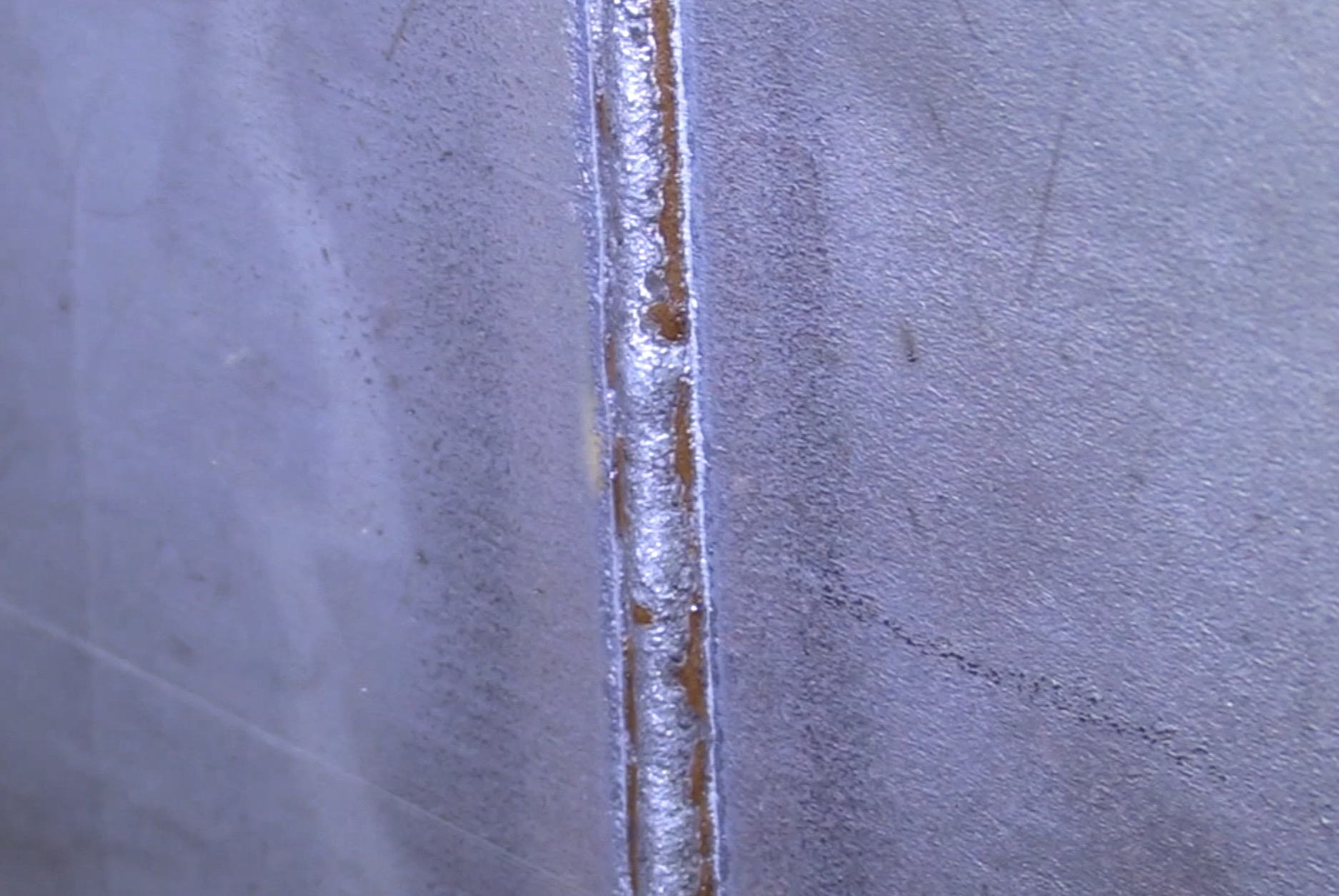
Here is the full video of the Downhill Root
click here to read the full page with the downhill root video


